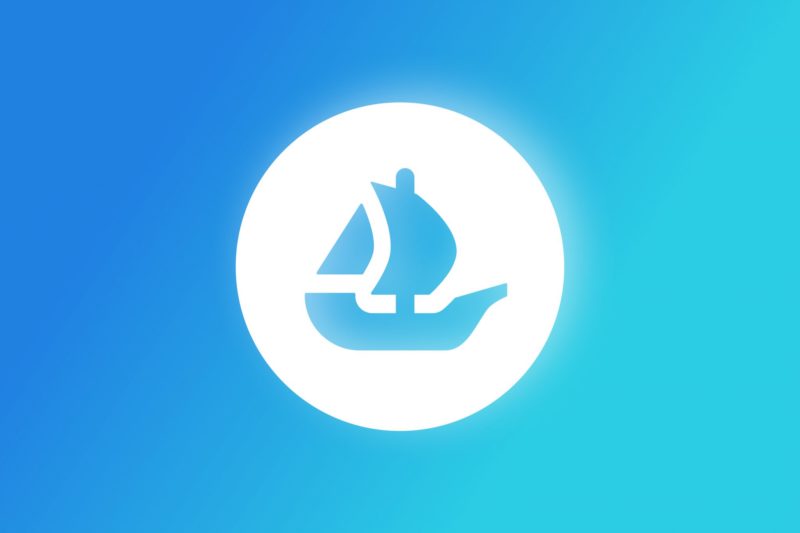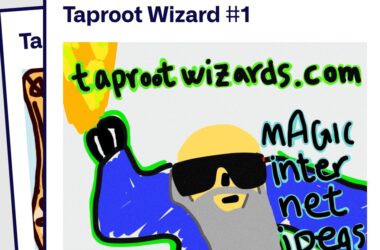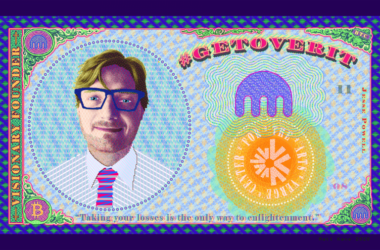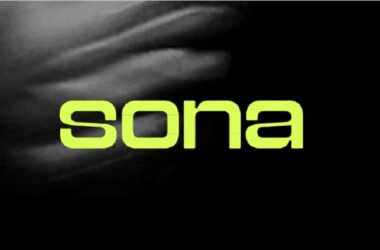Quick take:
- OpenSea is rolling out four changes to its account verification process.
- It has also implemented an automated system to help detect NFT copies.
- OpenSea will use image recognition tech to scan all NFTs and match them against a set of authentic collections.
OpenSea announced today that it is rolling out new features to improve its user account verification process and detect counterfeit NFTs. These new features are intended to reduce instances of imitation and plagiarism in order to “improve authenticity” on the marketplace.
In two blog posts published today, OpenSea highlighted the changes that cover two areas: an updated account verification and collection badging system that also increases the number of creators eligible for verification; and an automated system to identify, remove, and prevent instances of “copymints” (copies of authentic NFT content).
The changes made to OpenSea’s account verification system include switching to an invite-based account verification available to those that own a collection of over 100 ETH. Users who are eligible for verification will see a banner on top of their OpenSea account page prompting them to submit an account verification request.
Additionally, any collection with 100 ETH volume will be eligible for collection badging, which is used to identify collections that are owned by a verified account. OpenSea will contact verified creators with an invitation to badge their collection via the email address they provided.
With the NFT space plagued with fakes, plagiarised crypto art, and counterfeits, OpenSea is implementing a two-part “copymint” detection system to help its community find authentic NFTs while allowing space for NFT derivatives to thrive.
Last December, OpenSea banned two fake Bored Ape Yacht Club (BAYC) copycat projects that were created by flipping the original BAYC collections.
The marketplace says it will use image recognition technology to scan all NFTs on OpenSea, including new mints. The system will then match the NFTs against a set of authentic collections, starting with some of the most copy-minted collections, looking for flips, rotations and other permutations. Human reviewers will also be on hand to check review removal recommendations and train the system.
“With this system, our long-term goal is two-pronged: first, with help from our community, to eliminate all existing copymints on OpenSea; and second, to help prevent new copymints from appearing in the first place. We’ve already started the process of delisting identified copymint collections, and we’ll scale up our removal process in phases over the next several weeks,” the blog post states.
Following a series of scams and fraudsters targeting the platform, OpenSea partnered with NFT community engagement platform, Metalink, in February to secure its channels of communication. NFT creators and collectors can interact directly with the OpenSea’s staff via its dedicated server on Metalink, including asking for support and receiving updates, as well as, giving feedback.
OpenSea’s Discord server is still used for official messaging from the marketplace but was under a phishing attack last week.
Stay up to date:





